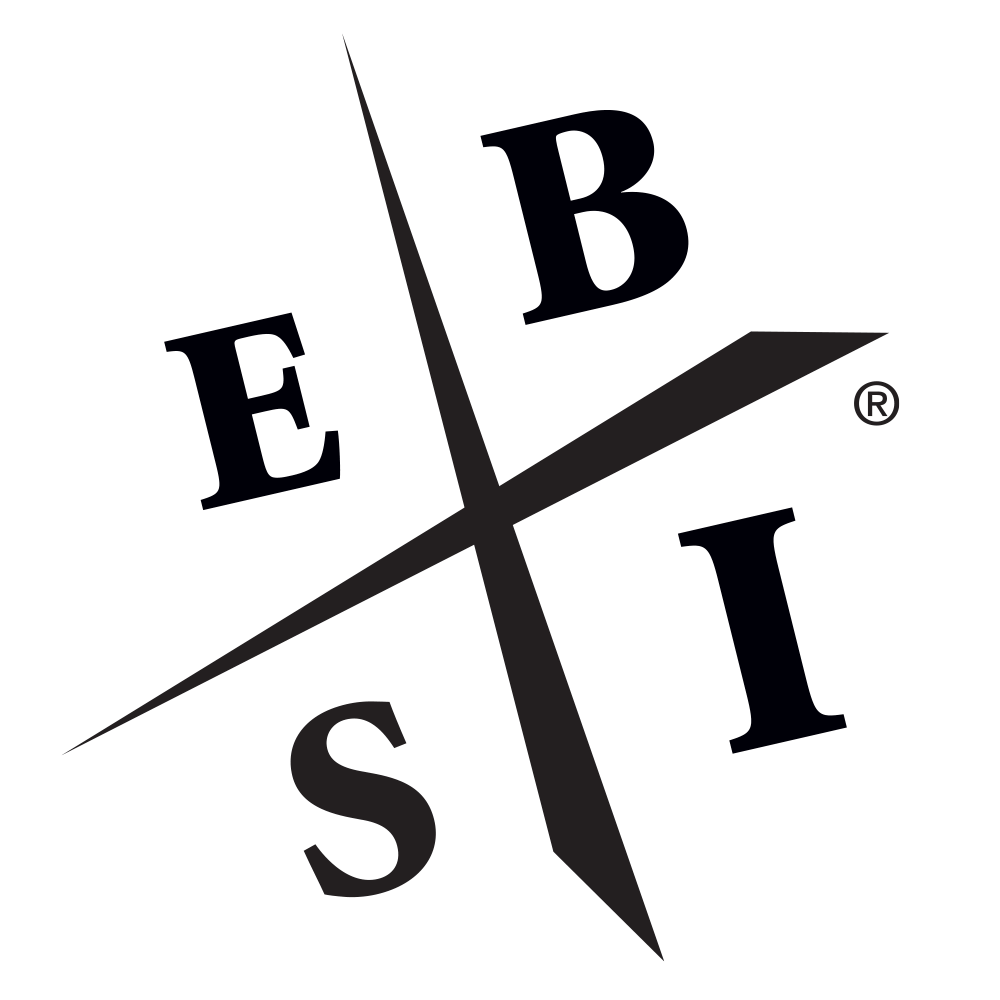Blog | Entrepreneurship, Real Estate
The Rich Know How to Print Money...Legally, and You Can Too
New Rule of Money #8: Since money is losing more and more value, learn to print your own
February 21, 2023
Over the last two decades, the average wage of the American worker has either dropped or gone flat. Meanwhile, inflation has continued to grow. In simple terms, this means you’re making less money, and it’s buying you less than it used to.
In today’s economy, it’s lunacy to think you’ll get ahead by getting a good job and saving money. Your money loses more and more value each day. In the new world of money, it’s imperative that you learn how to print your own money—legally.
An infinite return
One of the best advantages of financial education is the ability to print your own money. The way you can do this, legally, is via a financial term known as return on investment (ROI).
When you talk to most financial experts, they’ll tell you that 5 to 12 percent is a good ROI; and it is, if you don’t have financial education. Another thing they’ll say is that the higher the return, the higher the risk. That is also true, if you don’t have financial intelligence.


But with a high financial IQ, you’ll realize that an infinite return on your investments isn’t entirely out of reach.
The definition Robert Kiyosaki uses for an infinite return is “money for nothing.” More specifically, an infinite return is when you get all your money back from an investment in a cash-flowing asset, you still own that asset, and you still enjoy the cash flow month in and month out.
Printing your own money starts with being on the right side of the CASHFLOW Quadrant
Robert frequently teaches about Rich Dad’s CASHFLOW Quadrant.
The CASHFLOW Quadrant is divided into four types of people, two in each category.

In short, there are two sides to the quadrant. On the left are Employees and Self-Employed. On the right are Business Owners and Investors. If you want to print your own money, you can’t do it on the left side of the quadrant. You can only build a money printing machine if you eat, sleep, and breathe on the right side of the quadrant.
The reason for this is simple. Employees don’t own the machine, they work for the machine. Self-employed people also don’t own the machine. They own a job that often contracts to the money printing machine. Because they sell their hours, which are a finite resource, they cannot possibly achieve the infinite returns that come with a money printing machine.
Build a money printing machine on the right side of the CASHFLOW Quadrant
The ultra-rich operate solely on the right side of the CASHFLOW Quadrant, and they’re the ones who have figured out how to legally print their own money,
The reason for this is also simple, they own the machine. Business owners build businesses specifically for the purpose of printing money legally—they easily achieve infinite returns after they get back their initial investment they used to start the business. It’s the same with investors. Once they get their initial money back and still own the investment, they are in the money printing business and are achieving infinite returns.
You can only print your own money legally if you own the machine, which means to operate on the right side of the CASHFLOW Quadrant.
Let’s go over a couple examples.
How to print your own money in business
Robert and Kim started the Rich Dad Company at their kitchen table. Rather than use their own money, they raised $250,000 from investors. In less than three years, thanks to the growth of the business, they paid back their investors 100 percent plus an additional 100 percent to purchase back their shares. Today, their business puts millions into their pockets even though they have none of their own money invested in it. That’s an infinite return. In other words, their business prints money for them.


How to print your own money with other people’s money
This brings in a key point, using other people’s money (OPM) to achieve infinite returns quickly.
Before we dive into OPM, we should first cover a Rich Dad fundamental: the difference between good debt and bad debt.
If you grew up learning the old rules of money, you probably have heard that debt is bad. But that’s simply not true.
The new rules of money necessitate debt if you want to get rich...as long as it’s good debt.
Bad debt is used for liabilities, things like cars and vacations. These are things that you don’t need and that lose value over time. They take money out of your pocket each month. So it’s a double whammy of losing money from your liabilities and losing money to bad debt and interest.
Good debt is used to purchase assets that put cash in your pocket each month. Good debt is things like equity partner money, a loan for an investment property, venture capital, etc.
OPM is a form of good debt. You need high financial intelligence to use it appropriately, but when you do, you get to printing money that much faster. Here’s an example from a post Robert wrote specifically on OPM:
Scenario 1
$100,000 purchase price
$80,000 loan at 5% interest
$20,000 of your own money for equity
Running through a simple mortgage calculator, your annual cost for this loan would be about $8,500.
Assuming you have an income from the property of $11,000 a year, after expenses are paid, your total net income would be $2,500 ($11,000 - $8,500).
Your return on investment for this would be $2,500/$20,000 = 12.5%.
Scenario 2
$100,000 purchase price
$80,000 loan at 5% interest
$20,000 OPM at 7% interest
You get paid 50% of net operating income as the finder of the deal.
In this case, your annual loan costs would still be $8,500, but you’d also have an additional cost of around $1,500 for the other people’s money you borrowed for equity based on an assumed 7%. So, total loan and OPM costs would be $10,000.
Again, assuming you have an income from the property of $11,000 a year, after expenses are paid, your total net income would be $1,000 ($11,000 - $10,000).
Your fee for putting the deal together would be 50% of the NOI, in this case $500 (50% x $1,000).
Your return on investment for this would be infinite because you’re making $500 without any money in the deal.
As you can see, OPM is a powerful money printing machine when used correctly.
How to print your own money in real estate
To print money through real estate, Robert works with his real estate partner, Ken McElroy, all the time. They’ll find an underperforming apartment community, purchase it with investor money (OPM), do upgrades, raise rents, and increase the value of the property.
They can then refinance that property tax-free and pay back their investors from the loan proceeds—while still enjoying positive cash flow. Once all investors are paid back, they still enjoy the cash flow. That too is an infinite return.


Those are just a few examples of how you can, with the right financial education, print your own money. And doesn’t it make more sense than working harder at a job to pay more in taxes, saving money in the bank and losing purchasing power, or risking your money for the long term in the stock market?
Yeah, it does.
Increase your financial IQ today and start printing your own money the legal way.
Original publish date:
July 12, 2016